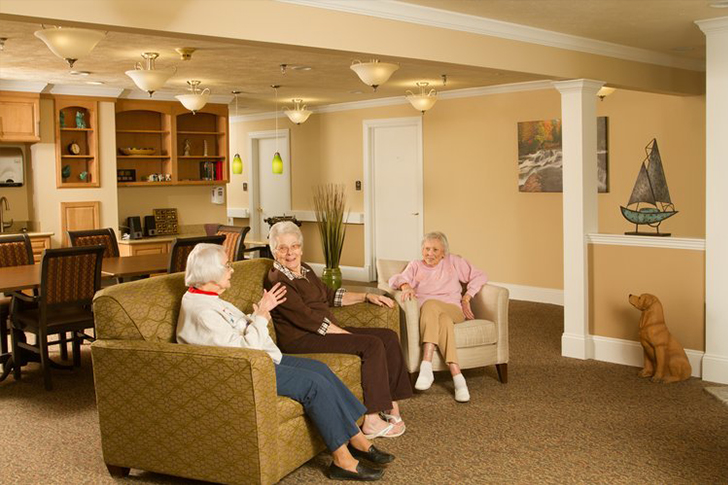
Finding Affordable and Suitable Housing for Seniors
Finding affordable and suitable housing for seniors can be a challenge. Here’s a comprehensive guide with practical advice and tips to help seniors secure low-cost housing.
Understanding Low-Cost Housing for Seniors
Low-cost housing is designed to be affordable for individuals with limited financial resources. It often includes public sector-subsidized housing, community housing, and non-profit housing options that provide essential services catering to the needs of seniors.
Types of Low-Cost Housing
- Subsidized Housing: These are rent-controlled units where the public sector covers part of the rent to keep it affordable for seniors. Programs like Section 202 and Section 8 in the U.S. are examples.
- Public Housing: Managed by local housing authorities, public housing includes apartments and homes available at reduced rent based on the tenant’s income.
- Non-Profit Housing: Non-profit organizations often own and operate housing specifically for low-income seniors, providing a community environment with supportive services.
Key Considerations
When searching for low-cost housing options, consider the following:
- Location: Proximity to healthcare facilities, public transportation, and community services is crucial for seniors.
- Accessibility Features: Housing should be senior-friendly with features like ramps, wide doorways, non-slip flooring, and easy-to-use fixtures.
- Community Amenities: Look for housing communities that offer social activities, meal services, housekeeping, and access to healthcare providers.
Tips for Finding Affordable Housing for Seniors
Research and Plan Early
- Begin your search well in advance, as waiting lists for affordable housing can be long.
- Websites like HUD’s housing search tool, AARP, and local housing authority sites can be valuable resources.
- Contact local senior centers, social service agencies, and non-profits for advice and up-to-date information on housing availability.
- Application Tips
- Ensure all necessary documents such as identification, income statements, medical records, and references are ready.
- Fill out all sections of housing applications completely and accurately to avoid delays.
- Regularly check the status of your application and remain in contact with housing authorities.
Financial Assistance Options
Public Sector Programs
- Supplemental Security Income (SSI) provides financial assistance to seniors, which can be used towards housing costs.
- In some states, Medicaid may cover in-home care services, which can reduce overall living expenses.
- Non-Public Sector Assistance
- Groups like Habitat for Humanity and local charities often have programs to assist with home repairs or provide affordable housing options.
- These non-profits develop affordable housing and provide support services to low-income seniors.
Budgeting for Affordable Living
Create a Realistic Budget
- List all sources of income and monthly expenses to understand your financial situation fully.
- Ensure priority is given to housing, utilities, food, and healthcare.
- Identify and eliminate non-essential expenses.
- Seek Financial Counseling
- Non-profit organizations offer financial counseling services to help seniors manage their budgets effectively.
Community and Social Aspects
Staying Socially Active
- Engage with local senior centers that provide activities, social events, and educational programs.
- Volunteering can provide a sense of purpose and reduce feelings of isolation.
- Health and Wellness
- Participate in senior-friendly physical activities like walking, swimming, or yoga.
- Maintain a balanced diet to support overall health.
Conclusion on Low-Cost Housing for Seniors
Securing affordable low-cost housing for seniors requires persistence, planning, and utilizing available resources. By understanding the types of housing, following practical tips, leveraging financial assistance, and maintaining an active lifestyle, seniors can find suitable and affordable living arrangements that cater to their needs.









